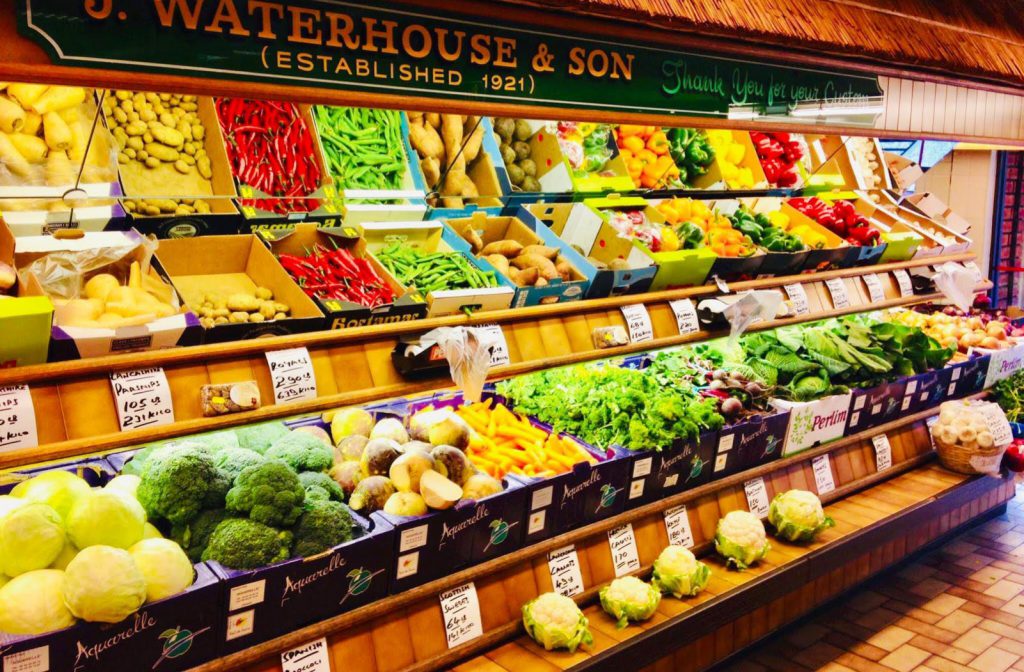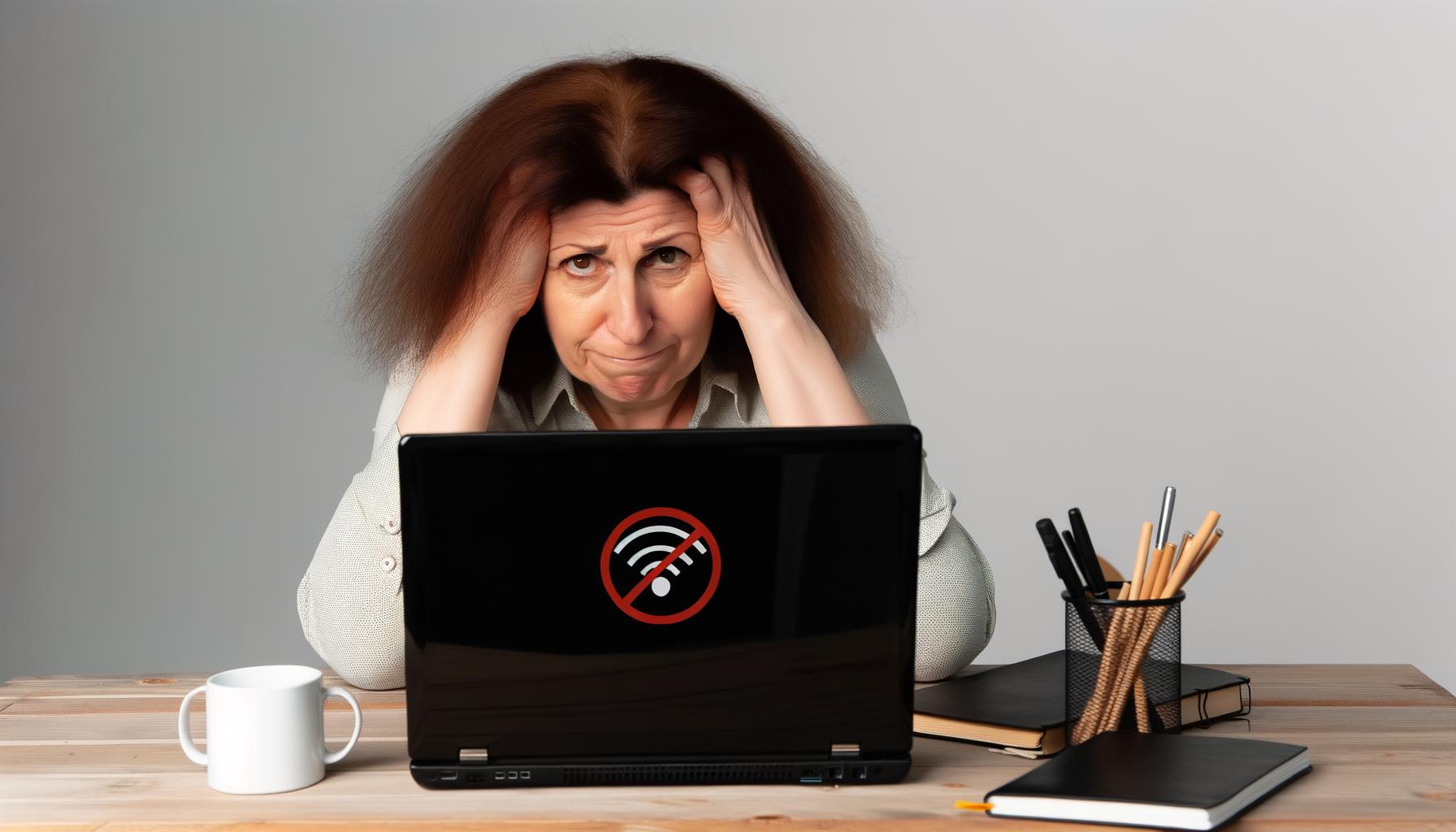
Discover the lesser-known consequences of food poverty in the UK and why it is a pressing issue.
Picture this, you are a 14-year-old girl living in poverty. You are already tight on money for food, let alone other necessities. Once a month, 12 months a year, this unnecessarily shameful and stressful week occurs. The monthly event which 6 out of 7 young women can go through with the necessary supplies and support, but you don't match that statistic. Knowing it's out of reach for you to buy sanitary products, you simply use toilet paper and hope, stress, for the best. Constantly worrying, constantly embarrassed. Should young girls really have to panic over this a quarter of the month? School, exams, friendships; all of these stresses are enough for a teenager who is just trying to grow and learn. Time and time again, this problem has been brought up, as it can largely affect mental health, physical health, and concentration in school. But taboo over periods has affected and blinded society significantly from properly dealing with this issue. Period poverty is a rarely prioritised and often overlooked issue that I will address in this speech.

Having volunteered at a foodbank, I have seen first-hand the need to deal with period poverty. And, as a teenage girl, I feel strongly about the issue because I can't ignore the question of, what if that was me? In the UK, on average, a menstruating woman will spend £13 on sanitary products, £8 on new pants, and £4.50 on pain relief per month. Totalling at £25.50 a month, this represents a significant financial burden on mensurating women. Although this only equates to around 1% of the average wage in the UK, women such as university students, or children who aren't earning a full wage have to save money purely for the purpose of buying period products. A survey on 1000 girls aged 14yrs - 21yrs, has estimated that whilst 1 in 7 struggle to afford sanitary products in the UK, 1 in 10 cannot afford these products. Without the pain relief needed, these young girls will have to put up with cramps, headaches, tiredness, changes in mood, and appetite, all whilst trying to study or work. In the long term, these cause a lack of focus in school, mostly likely resulting in bad grades and the inevitability of remaining stuck in this monthly cycle with the absence of sanitary products. Not only are these prices inessentially high, but the amount of people unable to afford menstrual products are continuing to rise.

44.6 billion pounds in UK taxes is spent providing weapons for wars in less developed countries where women can't even afford to buy essential sanitary items due to poverty. For many women and adolescent girls in low-income countries, having your period means being excluded from many important aspects of daily life, girls miss school if they don't have access to sanitary products, fear of bullying, shame, and abuse overpowers the need for education to rise out of poverty. Charities such as Action Aid support schemes to help girls learn about periods, distribute emergency sanitary kits, and train women to make cheap, reusable sanitary pads. Instead of the government spending unnecessary money on unnecessary wars, they could help women in period poverty, the poverty that is a reflection of the inherently patriarchal nature of politics and policy, with women's issues continuously being placed at the bottom of the agenda. A country which has managed to make period products free in a positive manner is Scotland. This was done through the Period Products (Free Provision, Scotland) Act 2021. This act ensures reasonably convenient access to period products, free of charge, as and when they are required.
So, now I ask you to picture this, you are that same girl 30 years from now. The government never changed their policies. You are still stuck in the period-poverty cycle, as your daughter goes through the exact same struggles you went through when you were her age. If governments don't change their policies to make sanitary products free and accessible for every woman in every country, mothers and daughters will be stuck in this endless cycle of endless expense and stress per month. Is this really what we want? Donate to charities. Attend marches and events. Sign petitions. Educate yourself and others on this issue.
It is time to end period poverty for good.



Discover the lesser-known consequences of food poverty in the UK and why it is a pressing issue.

This blog is exploring the connection between lack of internet access and poverty, and how it impacts individuals and communities.